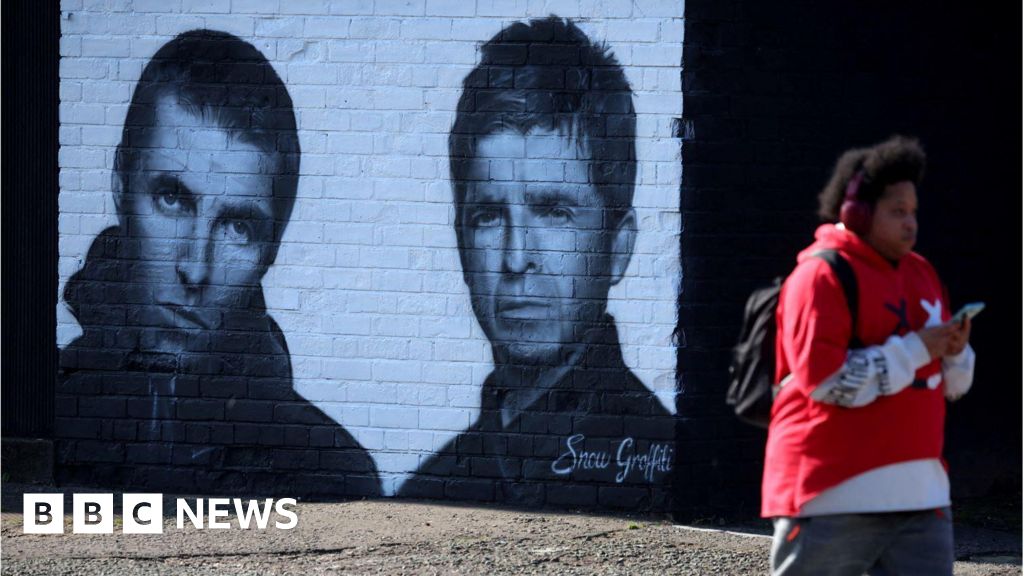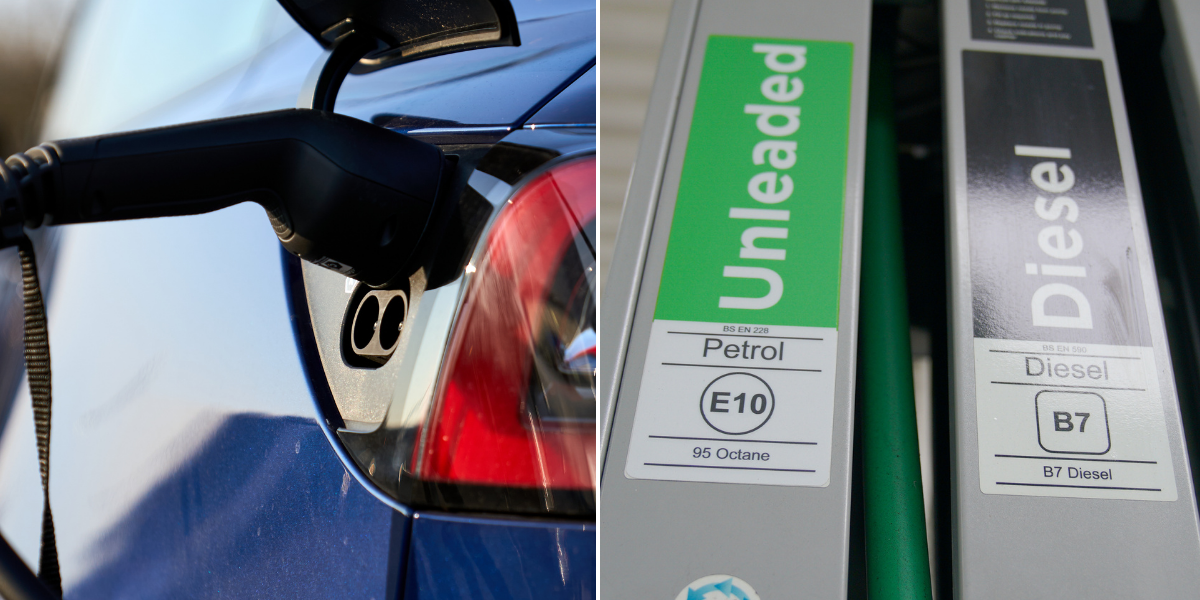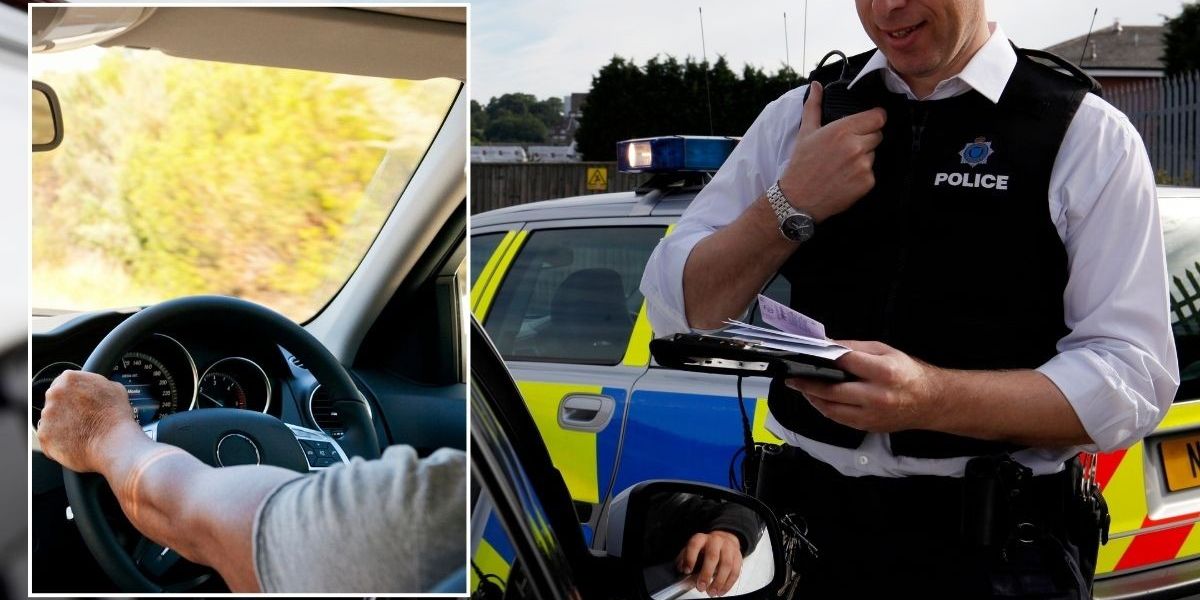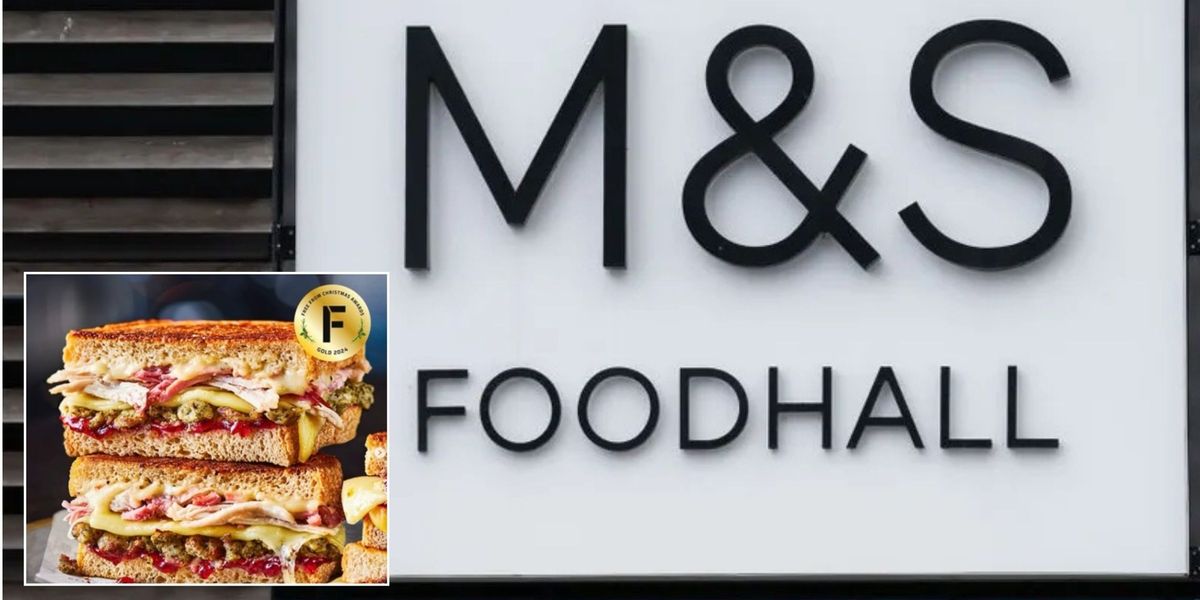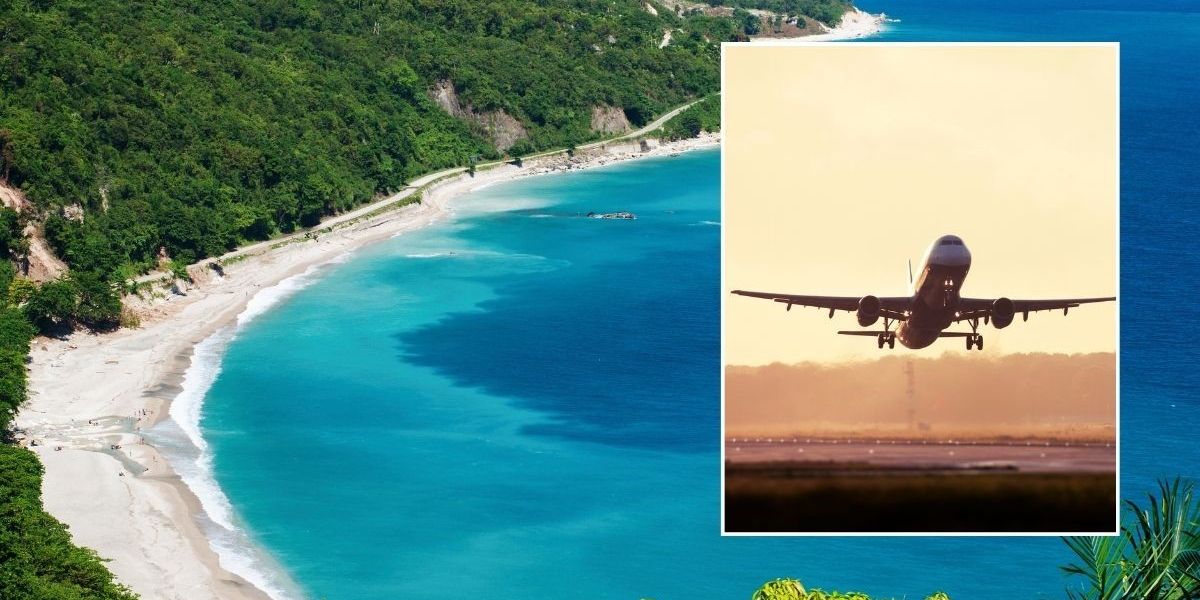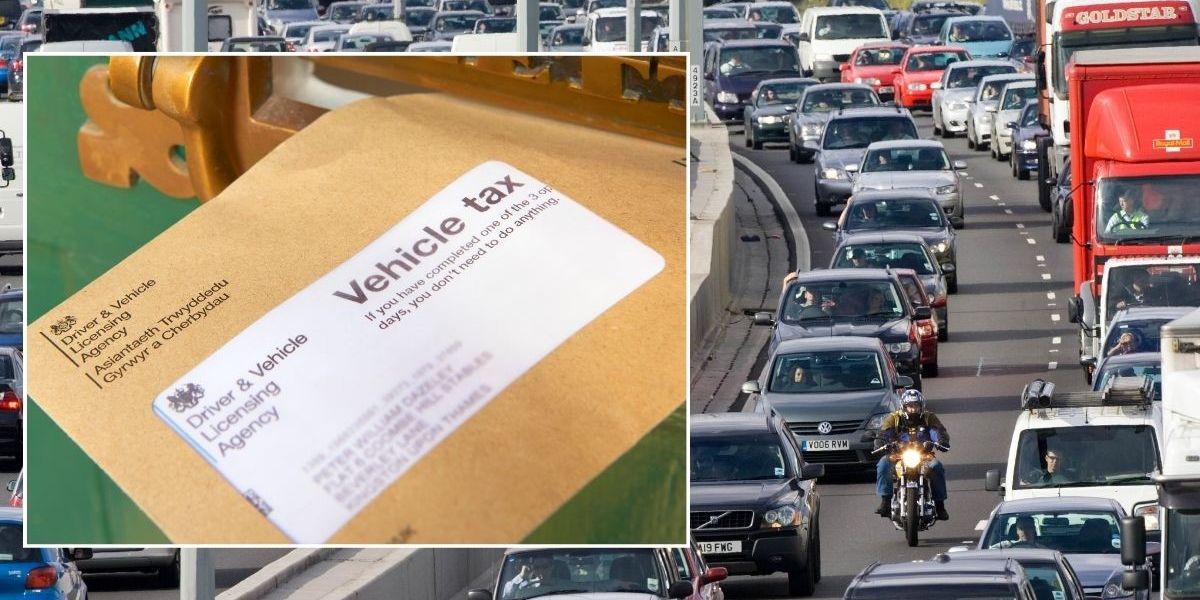Experts are warning drivers that they could face hefty charges simply for standing next to their vehicles this Christmas.
With Christmas just over three weeks away, most Britons will be making plans with their friends and family over the holiday period.
Many will be indulging in festive food and drinks over the Christmas break, although this could lead to people being slapped with fines or even driving bans.
One expert has warned that there are severe consequences for drunk driving, even if the police believe someone has the intention to drive.
Do you have a story you’d like to share? Get in touch by emailing[email protected]
Motorists can be given a £2,500 penalty for drink-driving
GETTY
A spokesperson for Swansway Motor Group said: “Many people don’t realise that drink-driving laws in England go beyond just being behind the wheel.
“You can be charged with being ‘in control’ of a vehicle even if you’re simply standing near it while intoxicated.
“If the police believe you had the intention to drive – whether that’s by being close to the car, sitting inside it, or even having the keys in the ignition – you could face serious consequences.”
They added that drivers could face a fine of up to £2,500, three months in prison or even a driving ban.
The spokesperson also highlighted how the legal definition of drink-driving is “broader than most people think”, adding that incidents tend to go up during the festive season.
Road safety charity Brake has noted that December is the second-worst month for drink-drive crashes and the fourth-worst for people killed and seriously injured.
Between 2012 and 2019, there were 46,860 drink-driving-related crashes, causing 1,860 deaths and 13,340 serious injuries.
Brake has called on all Britons to not drink any alcohol at all to ensure they are safe behind the wheel, especially since England and Wales have the highest drink-drive limit in Europe.
At present, the legal limit of alcohol in England, Wales and Northern Ireland is 80 milligrams per 100 millilitres of blood, while it is just 50mg in Scotland.
There have recently been calls from the British Medical Association for the Government to cut drink-driving limits to crack down on the dangerous practice.
A campaign from the BMA called for increasing alcohol and drug treatment service capacity and capability, as well as implementing other policy measures like media campaigns.
It suggested lowering the limit to 20mg/100ml (0.02 per cent) for new and commercial drivers, and 50mg/100ml (0.05 per cent) for all other drivers, with the ambition to reach 20mg/100ml for all drivers as soon as possible.
LATEST DEVELOPMENTS:
Experts are calling for drink-driving limits to be lessened
PA
The BMA campaign was supported by Brake, IAM RoadSmart, the College of Paramedics, the Royal Society for the Prevention of Accidents, PACTS and others.


